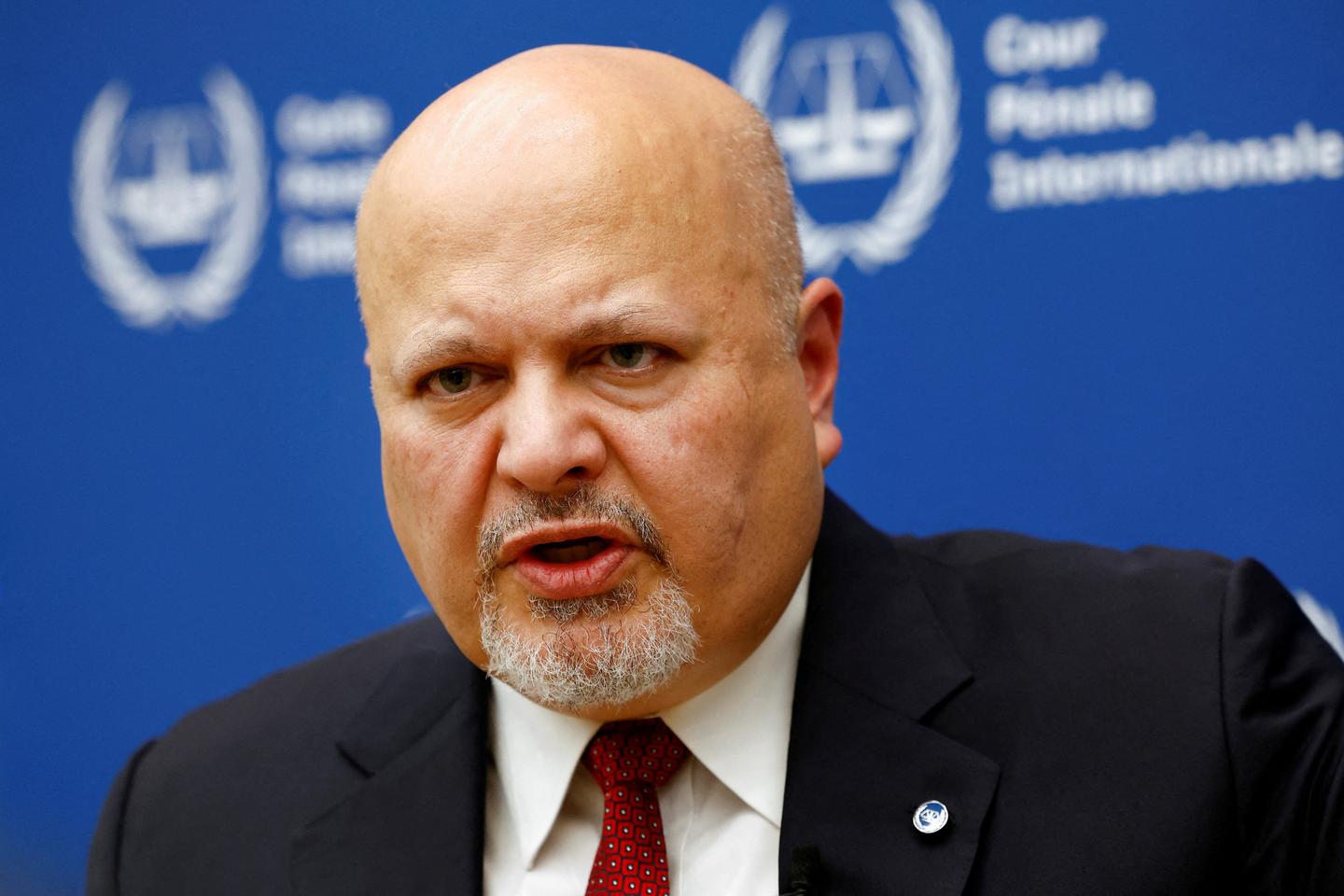


We are currently experiencing a moment of profound human suffering globally. A pandemic of inhumanity has taken hold, from Darfur to Ukraine, from the plight of women and girls in Afghanistan to the seemingly forgotten voices of Rohingya refugees in Myanmar, and now the intolerable tragedy that is deepening in Israel and the State of Palestine and threatening to spread wider. These human rights emergencies are interconnected. At their heart they are driven by a common crisis: a failure to give value to the lives of all people.
Amidst this landscape, we must reject desensitization. We cannot allow ourselves to be anesthetized to this level of anguish. Always we must remember that those we see pulled from rubble, those waiting news of family members abducted or killed, are the same as us. We should approach their plight with the same sense of urgency, empathy and compassion that we would if they were our own children, parents, friends or loved ones.
It is in times like these, when the vulnerable feel that they may have been forgotten, that we need the law more than ever. Not the law in abstract terms, not the law as theory, but the law capable of providing tangible protection to those who need it most. People need to see that the law and human rights have a real impact on their lives. It should be tangible to those in Gaza, the West Bank and Israel, as it should for those in Kyiv, Khartoum, and Cox’s Bazar. It is something they should be able to cling on to and something that should shelter them from the worst elements of inhumanity.
Hostage-taking is a war crime
[On October 29], I was at Rafah crossing, at the border of Gaza and Egypt, to deliver this message: that international humanitarian law was established for moments such as these. To ensure that, amidst conflict, amidst rage, there remains a baseline of human conduct, of humanity, over which no individual may trespass. As Secretary-General António Guterres said: even wars have rules. This is the law of the International Criminal Court.
I have followed with horror the accounts that emerged from Israel on the 7th of October as the lives of so many innocent civilians in Israel were torn apart. We cannot live in a world where executions, burnings, rapes and killings are normalized, or even celebrated. Children and men and women and the elderly cannot be ripped from their homes and taken as hostages. We cannot accept a world in which the love within a family, the deepest bonds between a parent and a child, are twisted for evil through torture and murder. They are acts that are repugnant to any person. They are the most un-Islamic of acts and cannot be committed in the name of a religion whose very name is peace. These acts represent some of the most serious violations of international humanitarian law.
You have 80% of this article left to read. The rest is for subscribers only.
